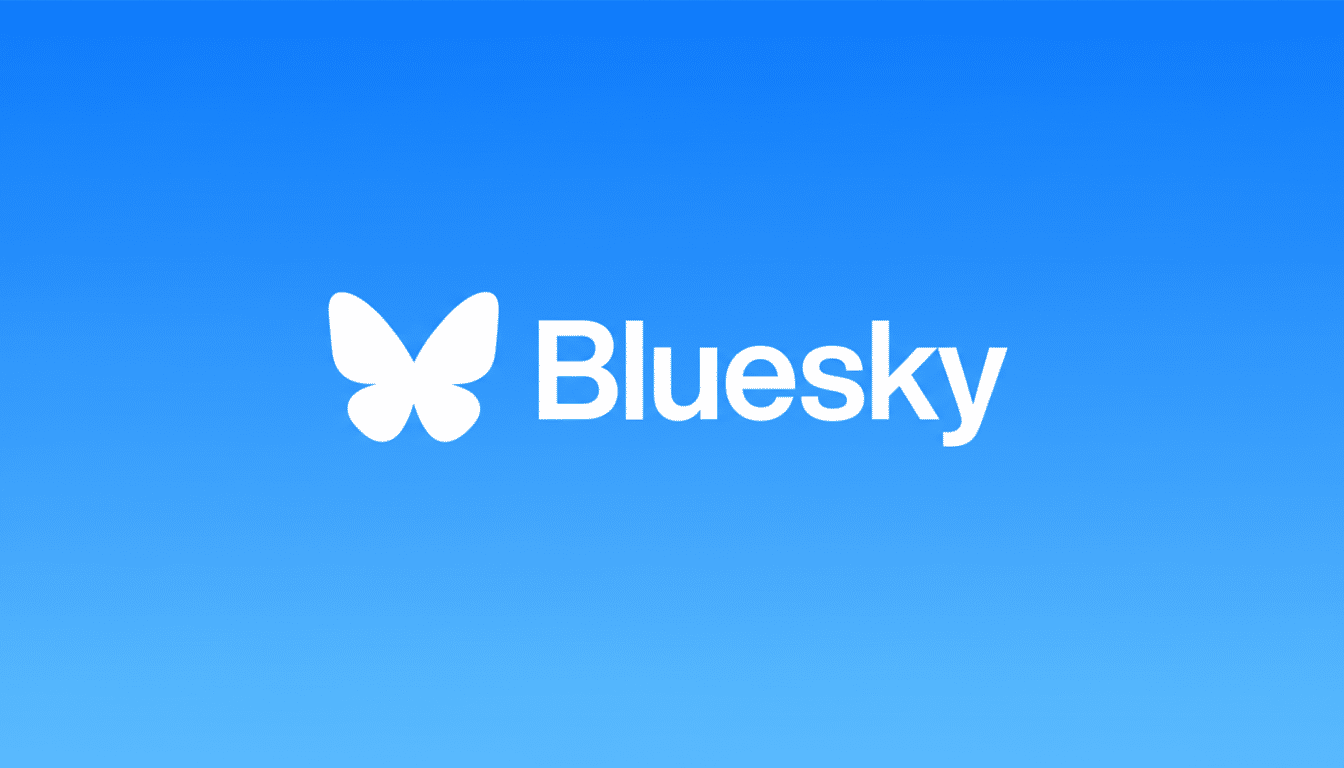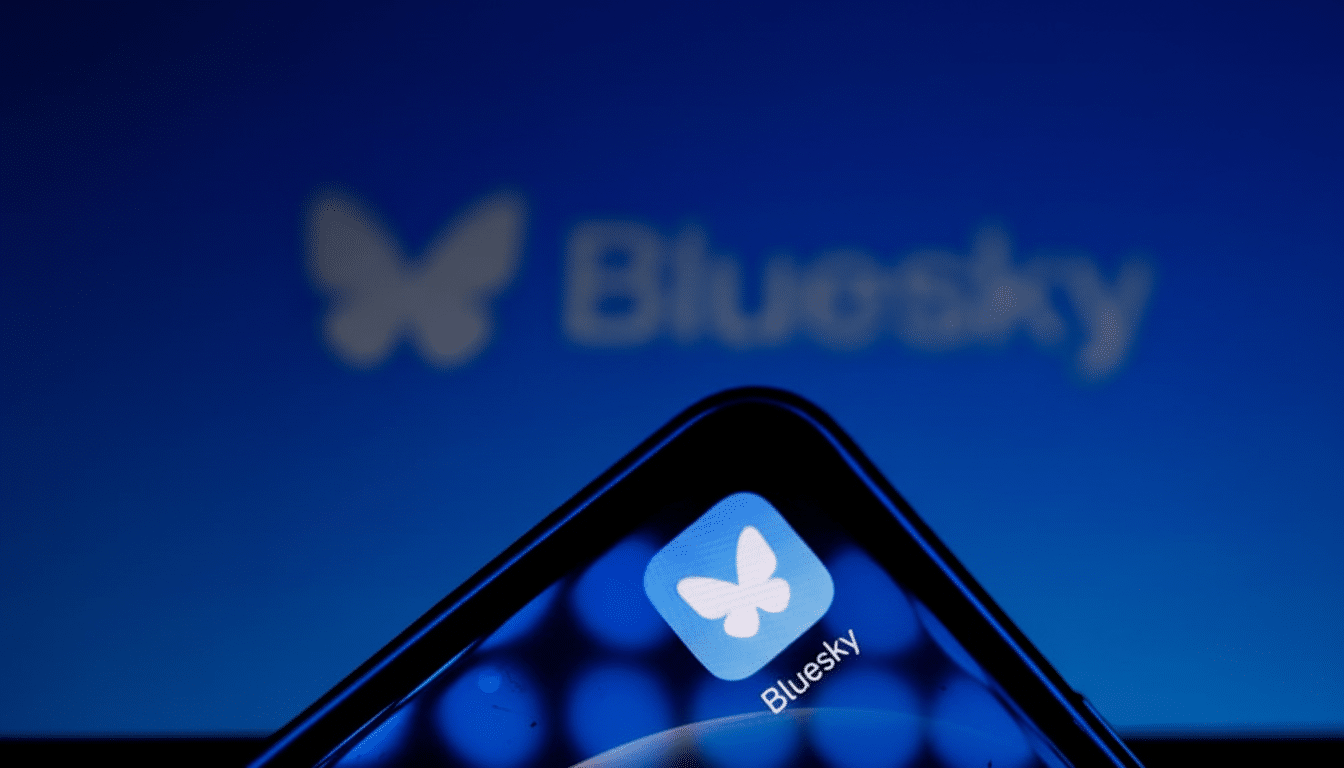Bluesky just launched a private dislike option and marked a momentous scale-up of 40M users, reinforcing just how swiftly the decentralized social network has gone from an abstract notion to a mainstream counterpart. It means that instead of serving as a public signal of disgrace, you can use a little-known approach to personalize what shows in your feed and calm down low-quality replies.
How Bluesky’s private dislikes work and shape replies
As opposed to Reddit downvotes or platforms where dislikes are public, the new Bluesky version is private. Tapping one won’t reveal a negative reaction to the public. Instead, it returns an individualization signal, assisting the ranking system in learning what to show you less frequently.

The company claims that dislikes will also mildly influence the order in which replies appear by shoving low-quality or off-topic ones lower down the stack. This kind of balanced weighing, it claims, hopes to diminish drive-by snark without converting disagreements into public record-keeping.
Bluesky’s hidden approach adds a significant wrinkle: the use of “social neighborhoods.” Think of clusters of users as people who frequently converse with one another and have a connection, etc. When this is in effect, negative signals will affect experiences within these small networks, not the whole platform. According to the company, this maintains conversations pertinent and cuts back on cross-community mobbing, which eliminates context.
A cautious rollout informed by earlier platform tests
The rollout is staged rather than universal, and Bluesky has not provided a hard timeline for full availability. The careful approach indicates the team is interested in seeing people’s behavior while also adjusting the ranking impacts and flipping the switch for everybody.
Experience has shown this will be difficult. Facebook brought downvotes to comment ranking in 2018 and pitched this as a means to reduce spam and abuse. The X team tested dislikes in 2024 to rank your own replies, but users were concerned about harassment and brigading, so they were short-lived. TikTok offered a private comment dislike in 2022, and it carries on to this day in the safety kit, aspiring to raise the quality of discussions. In the upvote/downvote community, this is basic to Reddit’s DNA. The coordinated downvoting threat is widely recognized: it could suppress the voice of a minority viewpoint or be directed against an individual. Bluesky’s privacy-first, neighborhood-scoped approach seems custom-built precisely to thwart these pressures.

Milestone of 40M users and implications for ranking
Hitting 40M users is a credibility milestone for a platform that bet on openness and decentralization via the AT Protocol: the user base has more than doubled over the past year, and earlier third-party tracking pointed to a 519% surge in the first ten months of 2024 amid migration from X. Both rapid progress and new battles raise the stakes: ranking choices now affect far more people, and small tweaks can ripple across large conversation graphs.
Bluesky has pushed “algorithmic choice,” inviting users and developers to build and swap feed algorithms. A private dislike fits that philosophy: it provides cleaner, less performative feedback that algorithms can interpret without fueling public dogpiles or clout-chasing negativity. Done well, this feature could lift reply quality, improve session relevance, and sharpen personalization without dulling the open, federated experience. Miscalibrated, it risks invisibly entrenching Bubbleville or becoming a stealth tool for suppression. Transparency around how often dislikes impact ranking, and where, will be critical.
What to watch next for Bluesky’s private dislikes
Key questions now center on safeguards and measurement:
- Will Bluesky share periodic metrics on how dislikes affect feed composition and reply visibility?
- How will the system detect brigading or targeted manipulation within social neighborhoods?
- Will there be user-facing controls to dial the influence of dislikes up or down?
Digital rights groups such as the Electronic Frontier Foundation and organizations focused on platform accountability have long urged privacy-by-design and auditability for ranking systems. Publishing clear guidelines and aggregate impact data would help Bluesky show private negative feedback can help conversations without empowering abuse.
For now, the move represents a middle path of pragmatism. Keep the negative feedback to yourself, let it set your relevancy metrics near where individuals already yak it up, and don’t allow the feed to become a gruesome scorecard. With 40M people viewing, it all depends on whether dislikes become a muted quality filter or an unknown factor that influences whose opinion is heard.

